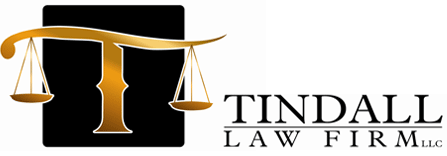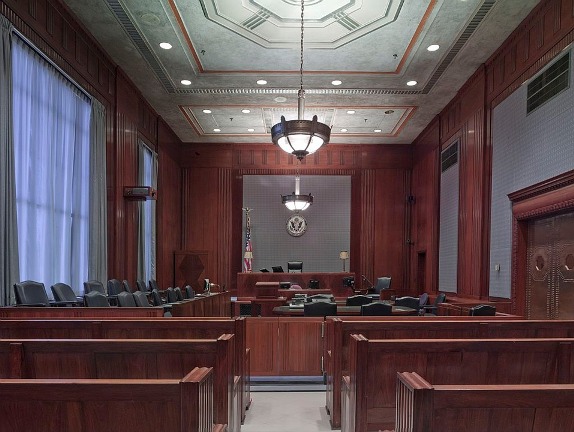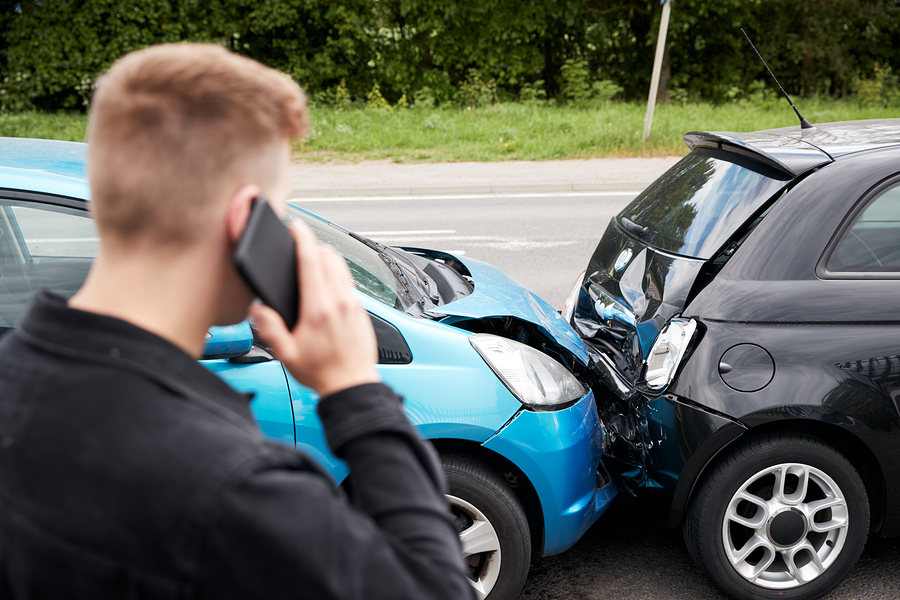Understanding Insurance Companies and Why Juries Are Not Allowed to Hear That the At Fault Defendant is Covered by Insurance.
A Tradition of Excellence
 Sampling of Successful Case Resolutions
Sampling of Successful Case Resolutions
 Read our answers to some frequently asked questions.
Read our answers to some frequently asked questions.
Statement
 View Our Mission Statement
View Our Mission Statement

What is the attorney-client relationship?
October 4, 2021
Reckless vs. Negligent
November 8, 2021Insurance companies are not some type of evil entity, but in jury trials they do have an advantage for this one peculiar reason: jurors never get to learn that the at fault defendant has insurance, about the insurance company or the coverage amount. This can lead one to believe that the insurance companies don’t “have a dog in the fight,” as one might say. Simply put, under applicable law, the jury can never be told that the at fault defendant for an auto accident or a premises liability incident has insurance. They are told to judge the matter simply as between the parties involved being the Plaintiff and Defendant.
“The greatest trick the Devil ever pulled was convincing the world he didn’t exist” is more recognized as the final statement in the 1995 movie, The Usual Suspects. The original quote comes from an 1864 short story by Baudelaire . This quote fits our point perfectly
Why do Insurance Companies Not Have Their Name Mentioned During the Trial?
More often than not personal injury cases are settled out of court. When it the case cannot be resolved it usually will end up in a jury trial in CT unless the parties agree to a bench trial by a Judge only, without a jury.
Juries during a trial do not see the face of an insurance company in a high dollar suit, by law. Jurors only see a local resident, small business owner, senior or teenager, who is being sued for their negligence in causing injuries to the plaintiff, and they can easily make assumptions based on their appearance, speech, etc., or the status of that individual in the community. Juries in some cases have been hesitant to decide on a large payout, even if justified, because they see it as “too much of a burden” for the defendant to bear to individually, not factoring in that defendant individual’s insurance company would actually be the one paying. Juries are only looking at the faces of the person (s) that the case is pertaining to, not the large insurance companies that are working behind the scenes and pay for the defense attorney and the defense of the case. The jurors never learn, by law, that the defense attorney representing the at fault individual is employed and works for the insurance company.
The jury never learns that the defendant has insurance covering their wrongful conduct because mention of insurance coverage is considered to have too prejudicial of an effect upon the jury, surmising that they would render a bigger verdict if the jury knew an insurance company was paying a verdict, rather than the individual, who is found at fault. Some of the laws on this prohibited evidence that the at fault individual is covered by insurance is provided below, along with the purported rationale for this rule.
Rule of Evidence about Liability Insurance (Conn. R. Evid. 4-10) States:
(a) General rule. Evidence that a person was or was not insured against liability is inadmissible upon the issue of whether the person acted negligently or otherwise wrongfully.
(b) Exception. This section does not require the exclusion of evidence of insurance against liability when offered for another purpose, such as proof of agency, ownership, or control, or bias or prejudice of a witness.
“The exclusion of such evidence is premised on two grounds. First, the evidence is of slight probative value on the issue of fault because the fact that a person does or does not carry liability insurance does not imply that that person is more or less likely to act negligently. Walker v. New Haven Hotel Co., supra, 95 Conn. 235-36. Second, Section 4-10, by excluding evidence of a person’s liability coverage or lack thereof, prevents the jury from improperly rendering a decision or award based upon the existence or nonexistence of liability coverage rather than upon the merits of the case.”
Why would a lawyer choose to go to trial over taking a settlement?
Going to trial takes experience, time, and more resources. So why do attorneys choose to go to trial? Because they are looking out for their client’s best interests! Insurance companies pay their attorneys to keep their bottom line in the black. The less they pay out the more profit they hold. This lowball settlement offer may be that the only reason you and your lawyer decided to sue, and to go to trial. If you find yourself faced with thousands of dollars of medical bills, mounting lost wages, and longtime suffering and unimaginable pain, and the insurance company continues to focus on its bottom line – offering you an inadequate sum of compensation — your attorney and you have no real choice but to go to a jury trial and leave to the jury to provide you with fair compensation for all of your harms and losses caused by the wrongful acts of the defendant.
Tindall Law Firm, LLC is very experienced in handling these matters, including before a jury. If you have any questions about what to do in your personal injury case, or if you need help with your personal injury accident recovery, please give us a call at Tindall Law Firm, LLC at 203 755-0018.
Contact a Southington Personal Injury Trial Attorney Right Away
Tindall Law Firm, LLC has successfully, for nearly 25 years, handled all types of accident and injury claims, including successfully representing those injured by vehicles, while they are pedestrians. For a free consultation with a Southington personal injury attorney, please call 203.755.0018 or contact us online. All cases are taken on a contingency fee basis. If we accept your case, you pay no fee unless we recover damages for you.










